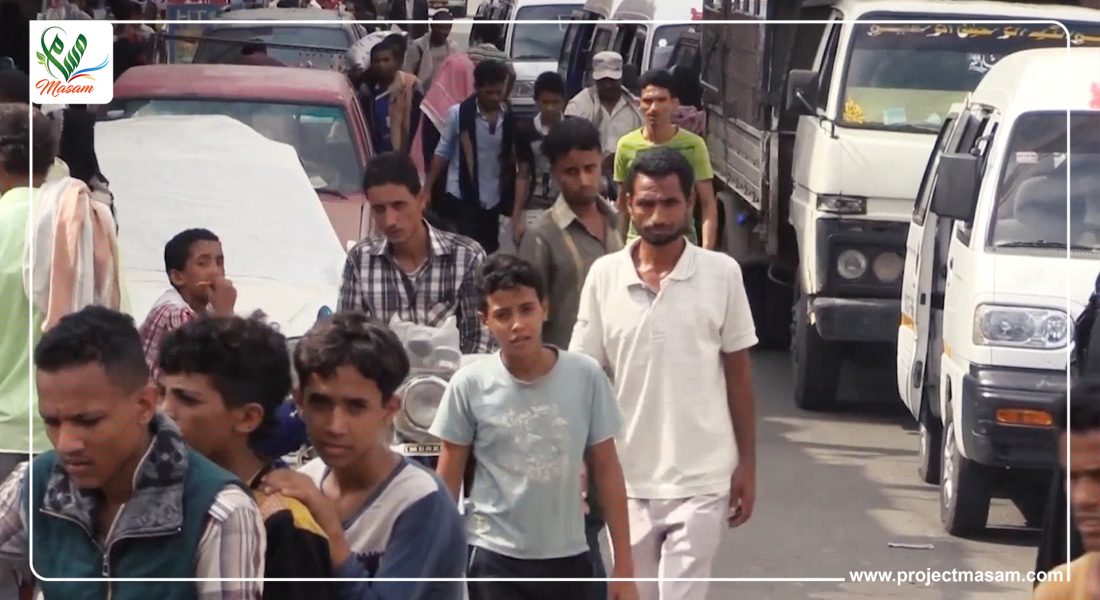In Yemen, 16 million people – half of which are children – cannot access clean drinking water, according to UNICEF.
Water scarcity is prevalent among Yemeni communities, who now face contamination of vital water sources. While some believe water contamination is a consequence of demining practices, the contamination derives from the chemicals from Houthi landmines, which cause displacement of Yemeni families, poisoning or even death.
Landmines and explosive devices – known as IEDs – planted on paths to, and inside, water wells eliminate communities’ access to clean water, causing detrimental effects on the population’s health and ability to sustain themselves. Without access to safe drinking water, there are extreme risks of waterborne illnesses and lethal poisoning due to herbicides leaching into water sources.
Contaminated water also affects farming and fishing. Without the ability to irrigate crops and water livestock, villages face further food insecurity, forcing Yemeni families to seek livelihoods in new areas with cleaner water. Because the Houthi militias re-plant landmines in previously cleared regions, civilians are forced into displacement cycles with no way to settle and build.

